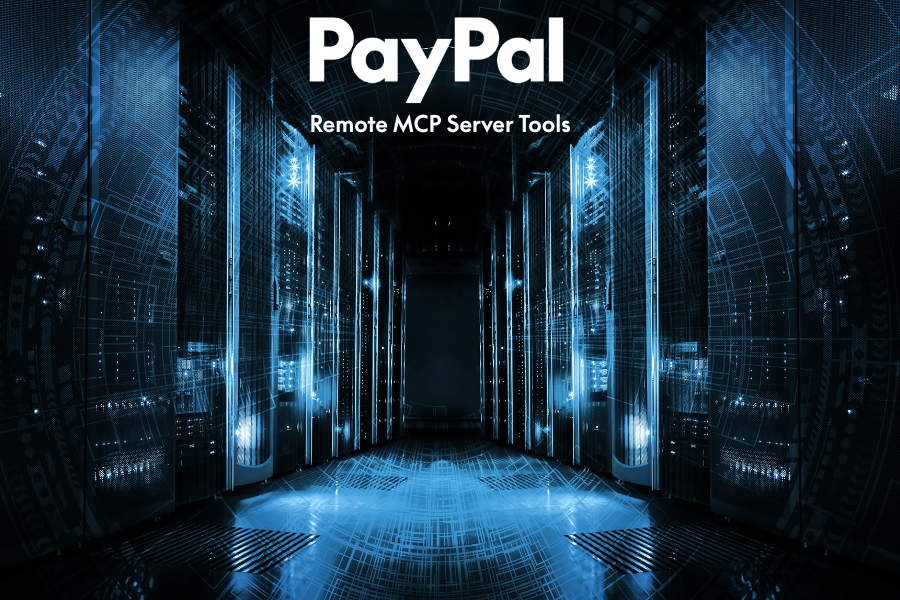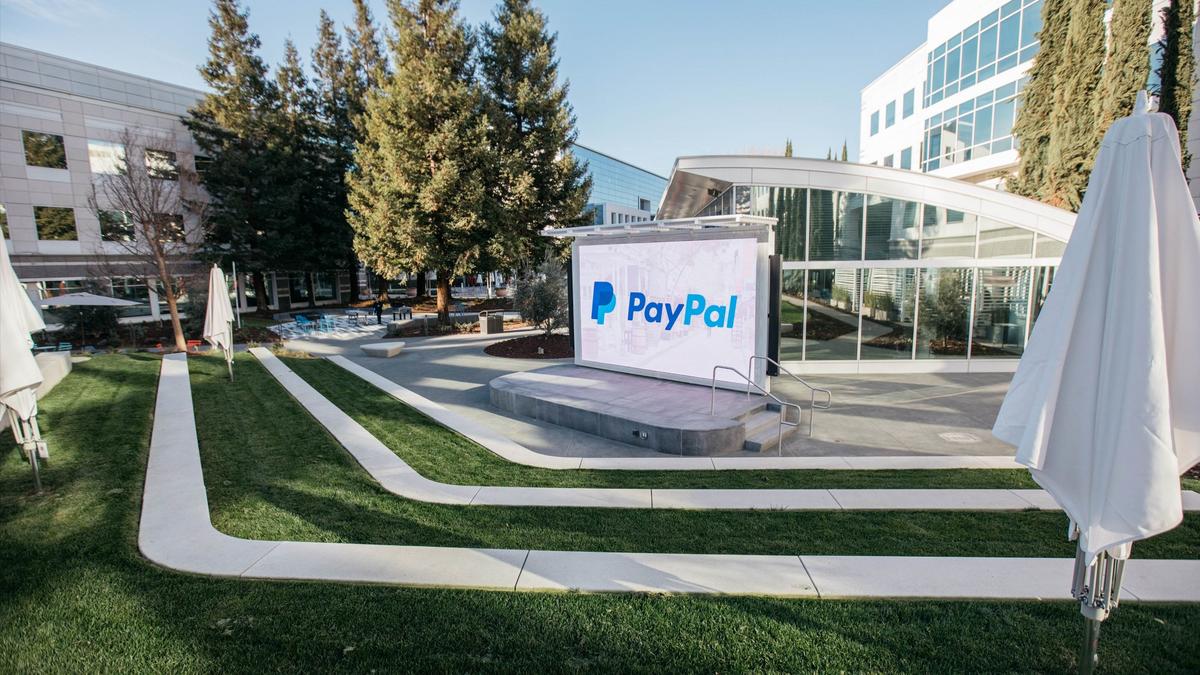Expanding PayPal’s Remote MCP Server Tools
Jun 02, 2025
3 min read

Building on the earlier releases of PayPal's MCP server* and agent toolkit, we have expanded the availability of our tools on PayPal remote Model Context Protocol (MCP) server to include all the tools in the agent toolkit. We’ve also introduced restricted tool visibility, ensuring users and LLMs only see tools permitted by their token. Additionally, we re-architected the remote MCP server to leverage our existing agent toolkit and added capabilities to programmatically connect to the server, reducing code duplication and unifying our agentic infrastructure.
Why does this matter?
This release enhances security, usability, and maintainability across PayPal’s agentic ecosystem—paving the way for faster innovation and more reliable AI-powered experiences.
Greater flexibility and functionality
With access to the full suite of tools from the agent toolkit, developers have a richer set of capabilities in more environments. This expansion enhances the versatility of the PayPal remote MCP server, enabling more complex and powerful workflows.
Improved security and governance
Restricted tool visibility ensures that only authorized users and models can access specific tools. This minimizes the risk of unintended or unauthorized tool usage, enforces access rights, and supports better compliance and governance.
Simplified architecture and maintenance
Re-architecting the remote MCP server to use the existing agent toolkit eliminates redundant implementations. This streamlines the codebase, reduces maintenance overhead, and ensures that future improvements to the toolkit are automatically inherited by the remote MCP server, promoting consistency and long-term scalability.
Advantages of the MCP server from PayPal
The PayPal MCP server delivers exceptional speed and reliability by utilizing prebuilt functions that connect directly to PayPal’s APIs, significantly reducing development time, and minimizing the risk of errors during critical payment and commerce operations. Acting as a centralized orchestrator, the server provides agents with streamlined, unified access to multiple services and tools, simplifying the management of complex workflows and enhancing overall system efficiency. Its architecture is built for scalability and integration flexibility, allowing merchants and developers to easily connect with a wide range of platforms and technologies. This ensures fast and straightforward integration processes, enabling businesses to quickly deploy intelligent, agent-driven solutions that can meet their needs. By combining these capabilities, the remote MCP server empowers commerce ecosystems to deliver seamless, reliable, and scalable experiences that drive innovation and meet the evolving demands of today’s digital marketplace.
How to get started
Getting started with the PayPal remote MCP server is straightforward. You can set it up using Claude or OpenAI settings by following the steps in the developer documentation. Either one will get you connected quickly based on what fits your setup best.
For more information visit PayPal.AI.
*Disclaimer: PayPal’s MCP server provides access to AI-generated content that may be inaccurate or incomplete. Users are responsible for independently verifying any information before relying on it. PayPal makes no guarantees regarding output accuracy and is not liable for any decisions, actions, or consequences resulting from its use.
Recommended

Developer Updates - March Edition
3 min read

Developer Updates - April Edition
3 min read

Developer Updates – May Edition
3 min read
